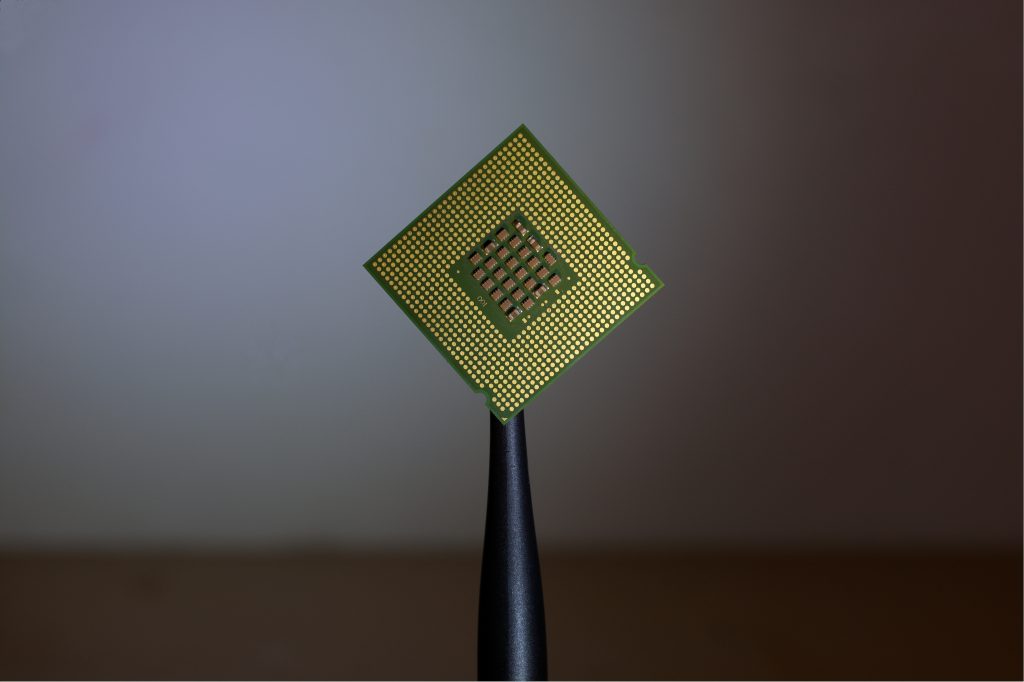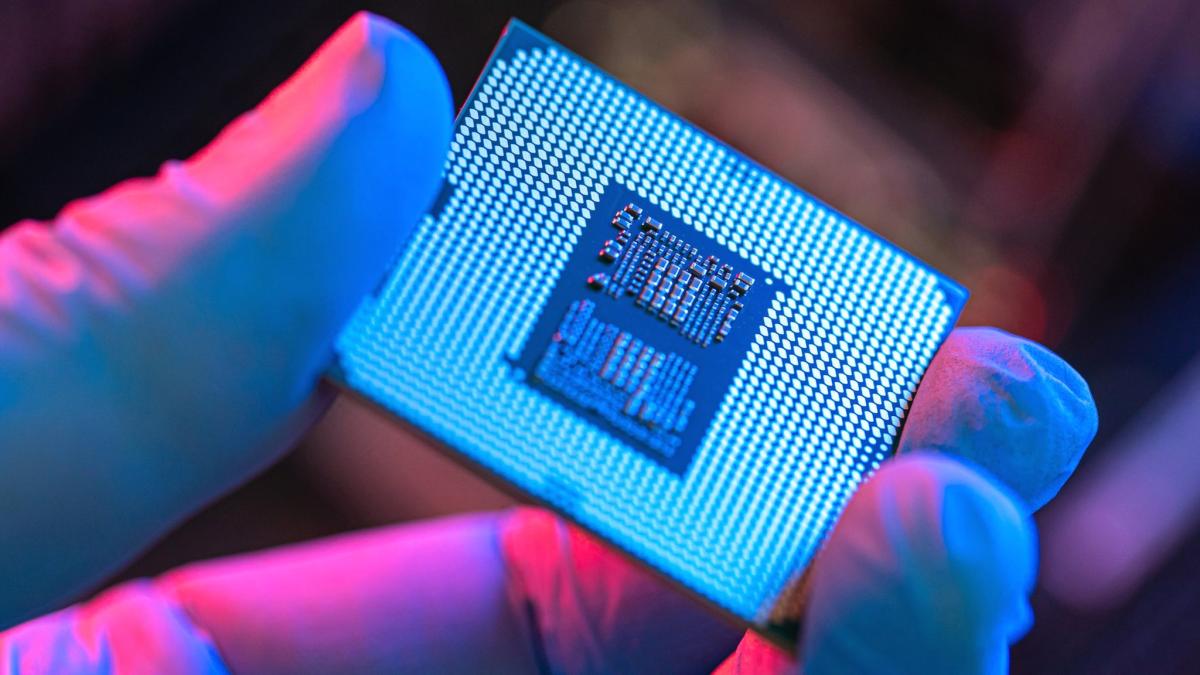Following comments from Nvidia CEO Jensen Huang, the long-standing feud over semiconductor manufacturing is back to the fore. This comes after the US introduced new export controls late last year, while AI tech developments have only made Nvidia semiconductors more valuable since.
US chip maker Nvidia revealed on August 31 that Washington had ordered it to stop exporting two top computing chips to China. pic.twitter.com/iceHAgSIOD
New Export Controls
In October of 2022, a document titled “Commerce Implements New Export Controls on Advanced Computing and Semiconductor Manufacturing Items to the People’s Republic of China (PRC)” was released. It brought more restrictions against advanced chips being sent to China, whose historic dominance over other semiconductor manufacturers has caused national security concerns.
With Nvidia’s stock recently hitting an all-time high, the long-term effects of the new restrictions are yet to be seen. Chips rule the tech sector and that shortage widely reported in 2020 is still ongoing, so any fingers on the scales can and will move markets. Fortunately, using the economic calendar gives onlookers insight into upcoming announcements from all industries, including tech, to see where market forces are heading. Currently, it’s a rollercoaster as Nvidia tops the market but must appease both US policymakers and its single largest consumer demographic – China.
Nvidia Warns “Enormous Damage”
Recently speaking about the new export rules, Nvidia CEO Jensen Huang expressed concern that it will motivate China’s homegrown companies to step up manufacturing. In the long-term, that means more Chinese chips flooding the market, outcompeting US products, and presenting more security risks. Huang put it simply enough: “They’ll just build it themselves.”
As for more immediate impacts, Huang added that depriving American businesses of the Chinese market would cause “enormous damage to American companies” and that “There is only one China.” He said that approximately one-third of the US tech market caters to Chinese consumer bases.
However, Huang’s comments come as Nvidia is positioning itself as a leader in AI-supporting hardware. While the export blow can hurt business, and at a crucial time for Nvidia, the government believes giving China easy AI access through advanced chips is worse.
Taiwan’s Role In Chip Manufacturing
Taiwan is the key battleground in the US-China competition over semiconductors, so understanding the situation there is paramount. The overwhelming majority of chips are created in Taiwan, and not just those of the TSMC based there but also American companies like Nvidia.

Just that fact makes it a very valuable but also strategically important island, as its chips are used in civilian and security infrastructure around the world. Add to that China’s stance on Taiwan and things get more complicated, and America’s fears over Chinese influence on the industry start to make sense. As a Taiwanese American, Huang knows the balancing act well, and the stakes if the industry collapses or an overbearing government demands control of its corporations. Considering the rise of generative AI and the great power that comes with it, those stakes are only getting higher.
Only time will show whether the new export control policy helps or hinders an already unpredictable situation. While Nvidia isn’t getting dethroned any time soon, Huang’s concerns about a homegrown Chinese semiconductor industry highlight the big economic and political impacts that these small chips can have.
